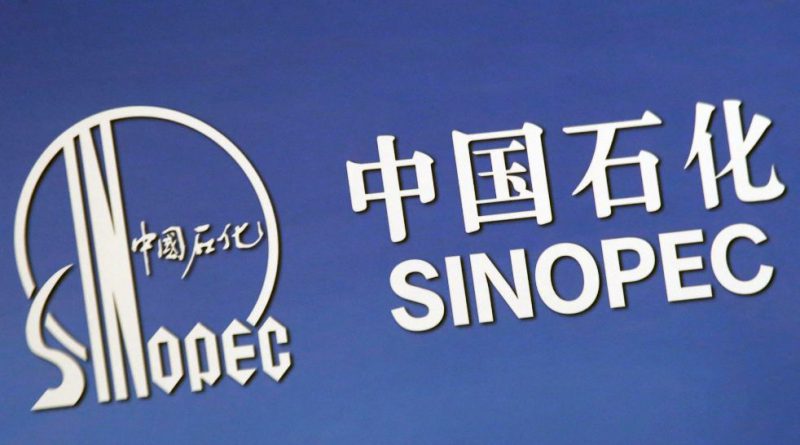China’s Unipec boosts Oman crude sales, caps oil prices despite Saudi cuts
Singapore (Reuters) – China’s Unipec, the trading arm of top Asian refiner Sinopec (600028.SS), has emerged as a major seller of August-loading Oman crude this month, a move that has helped to cap benchmark prices despite Saudi Arabia’s plans to cut output next month.
Unipec, according to trade sources and data collated by Reuters, has sold 8 million barrels of Oman crude since the start of June on S&P Global’s trading platform, also known as the Platts window and used to assess the Dubai price, benchmark for millions of barrels exported from the Middle East.
It was not immediately clear why Unipec was selling large volumes of Oman crude. Traders and analysts said tepid fuel demand from a slower-than-expected economic recovery has squeezed refining margins in China; plus Unipec and other Chinese refiners have been bringing in more barrels from Russia, West Africa, the United States and Brazil.
Sinopec did not respond to a request for more detail on the sales or the reasons behind them.
Unipec sold the Oman cargoes to Totsa, trading arm of TotalEnergies (TTEF.PA), PetroChina Hong Kong , Shell (SHEL.L) and Trafigura (TRAFGF.UL), the data collated by Reuters showed.
The unusually large Oman crude sales began on June 1, traders said, just ahead of Saudi Arabia’s surprise June 4 move to cut July output by 1 million barrels per day and as the world’s biggest producer raised its official selling prices.
The trades helped cap spot premiums of benchmark Dubai prices to under $1 a barrel for most of June, Reuters data showed, despite the prospect of tighter Saudi supplies.
Unipec made no such sales in May, and in the last year it has typically sold less than 2.5 million barrels of Middle Eastern crude over the Platts window each month.
The sales have occurred as June crude deliveries to China are forecast to rise after hitting the third-highest monthly level in May, data from analytics firms Kpler and Vortexa showed.
In addition to a huge influx of Russian oil into China, June imports of U.S. crude are set to hit a record high of 30 million barrels, while more than 32 million barrels of West African crude will reach China, the Kpler and Vortexa data showed.
Unipec in recent months has been among those boosting oil purchases from West Africa, the U.S. and Brazil, traders said.
Strong crude imports and refinery maintenance in the second quarter have also boosted China’s commercial crude inventory to 962 million barrels, the highest since end-2020, said Emma Li, analyst from data analytic firm Vortexa.
Some 1.22 million barrels-per-day of refining capacity in China were shut for maintenance in May, according to a Reuters calculation. And Chinese state refiners lowered operating rates to about 76% in May from about 77% in April, according to data compiled by Longzhong consultancy.
The run cuts come as China’s refining margins were assessed at about 461 yuan ($64.53) a tonne in May, down 45% from April, Longzhong data showed.
In contrast, the data also showed, margins at independent refineries known as teapots in the oil hub of Shandong province were around 1,136 yuan a tonne as they binged on cheap oil from Russia, Iran and Venezuela.



